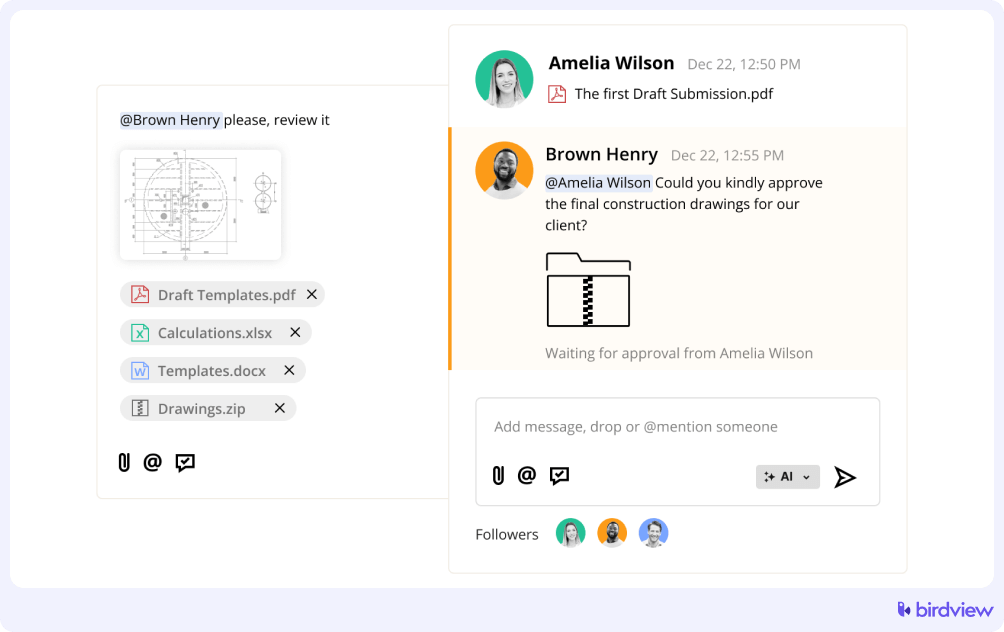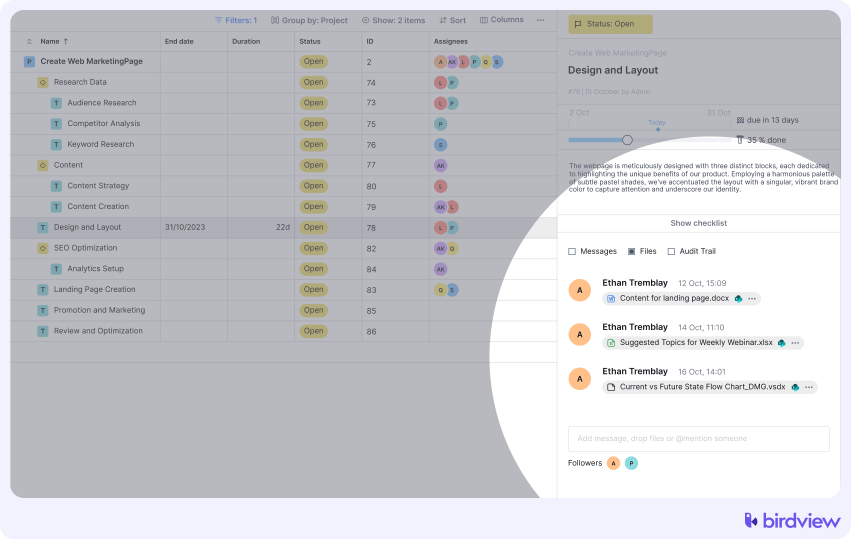Project managers have a reputation for being intelligent, capable people among themselves, anyway. We usually have a solid grasp of the organizational and social skills necessary to get projects done. This includes having good memories of project plans, technical details, and important conversations. Or so we think.
In reality, however, a project manager’s memory is possibly one of the most unreliable and dangerous aspects of a project. Here‘s what happens when you rely too heavily on the power of your memory and how you can avoid it.
Human Memory Sucks
There have been many studies on the unreliability of human memory. Legal courts and criminology courses are now relying less on eyewitnesses and more on hard evidence to convict offenders. A normal person is not likely to remember a complete conversation from start to finish only the parts that stick. And worse, whatever the brain forgets tends to get filled in by your imagination, creating false memories. Not something you want to risk when you’re involved in a multi-million dollar project.
Your Word Against His
The problem with human memory is that everyone thinks theirs is great. So when two people have conflicting accounts of a conversation, it’s hard to tell which one is wrong (or even pretending to be right). Usually, you have to go to a third, neutral party to mediate the argument. But that won’t work if it was a phone conversation between two people. So the two parties just keep butting heads until something gives.
To prevent these conflicts, it‘s crucial to have a system for tracking conversations and decisions. Project management software, such as Birdview, can be a lifesaver here, providing tools for recording and timestamping important discussions, either through integrated chat systems and approval requests or by attaching notes to specific tasks. This creates a clear and indisputable record that can be referenced later, reducing the potential for disputes.

Insufficient Documentation
Relying on your memory is a quick way to get confused when you have to refer back to old projects. You won’t be able to tell left from right when you go back to your old files, because your notes will be incomplete and full of holes. And this is for projects that you used to manage. Can you imagine how difficult it would be for someone else?
With document management functionality, such as integrations with platforms like OneDrive and SharePoint, you can attach documents directly to task details, ensuring that all related information is easily accessible and organized. As a result, you reduce the risk of information being lost or forgotten and make it easier for team members to find the documents they need, when they need them.

Nobody can Read Your Mind
So let’s say you do have an excellent memory, and remember every single change the client wanted, right down to the periods and commas. But then you decide to take a day off. Where does that leave your team? They’re going to have to call you or email you while you’re on vacation if they need to verify that information. Not only is that annoying for you, as you try to enjoy the sun and the surf, but it’s also annoying for your team, who has to stop whatever they’re doing and try to get in contact with you.
The best thing for you to do is to document everything. Write up minutes for every meeting and conference call. Compile and record any changes to the project scope and process. Generate needed reports on a consistent basis and file them where they’re easily accessible. What you’re trying to do is to create a big enough paper trail that someone totally unfamiliar with the project will be able to step in and get up to speed after a day or two.
And then you won’t have to see the panic on their face when you say, I don’t remember.



